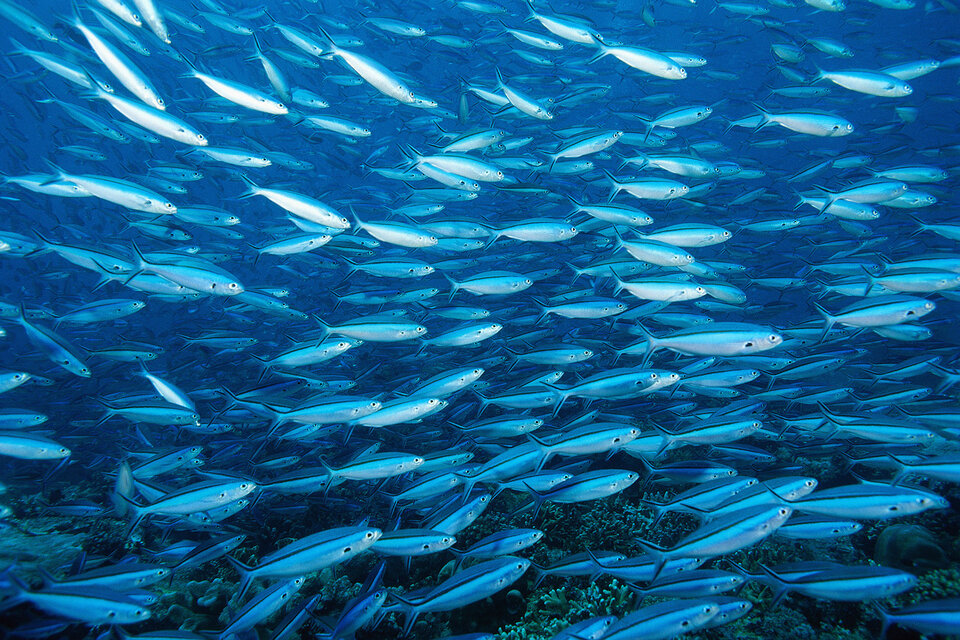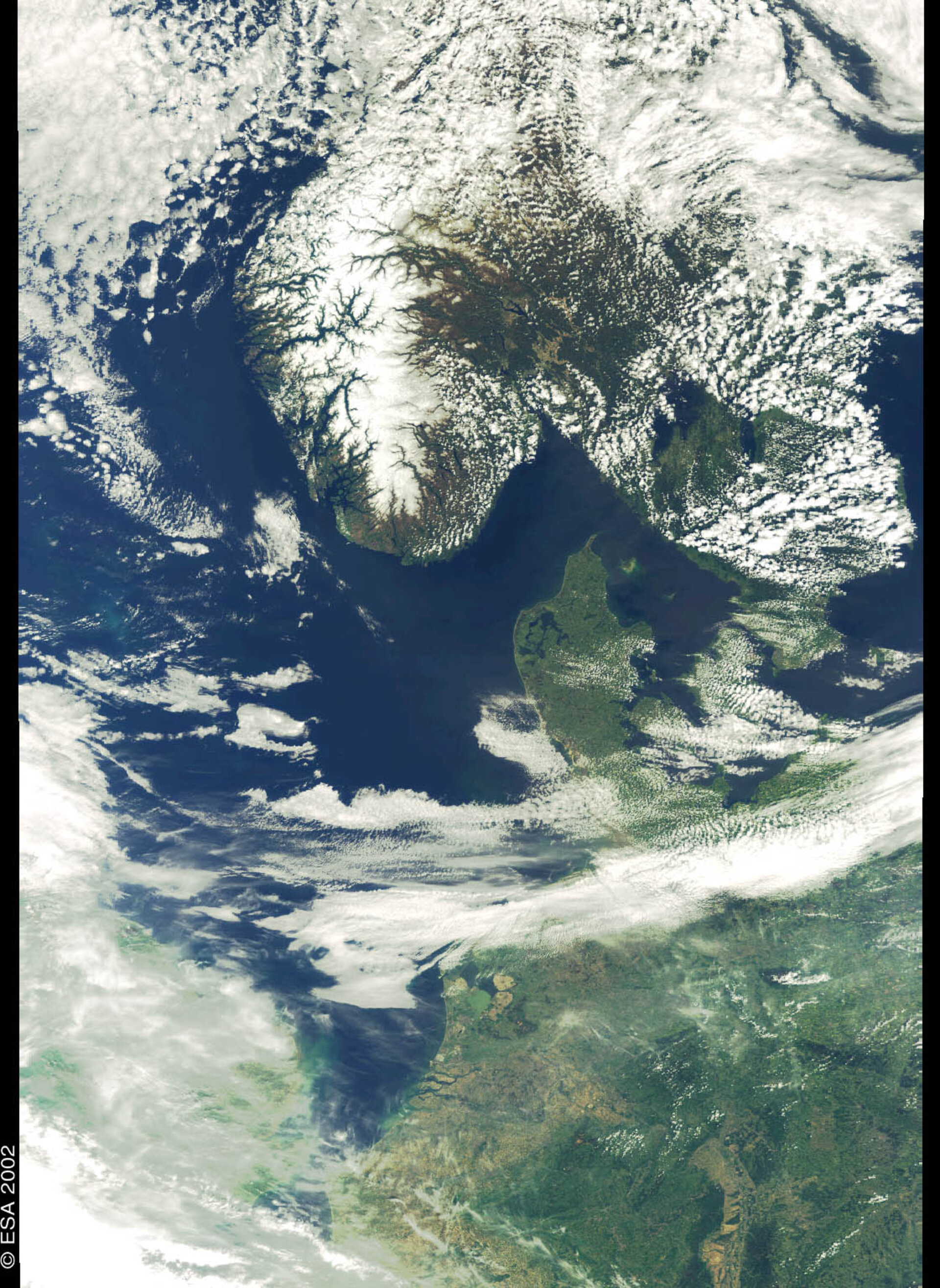Sustainable fishing by satellite
Fishing is an important part of the European economy and fish are a vital food source worldwide. But the management of fish stocks has become both a commercial and an environmental concern. Availability and sustainability of fisheries stocks have been put at risk, while at the same time, fisheries are facing ever higher costs and lower yields.
Although there are limits to the allowable catch, it is not always possible to control and enforce these. In addition, fishing vessels typically choose the species they target and the place of landing without knowledge/insight about the supply and demand situation at other nearby ports or auction houses sometimes resulting in a glut at one port and shortage at a neighbouring port.
I-fish North Sea is a project to improve the data and communications available to fisheries. The system will use a combination of satellite communications and satellite navigation to enable unified timely and accurate collection, management, and use of marine fisheries data to provide value added services to fisheries stakeholders for improved sustainability of our fast depleting fisheries resources. The project objectives are to engage with the fisheries user and stakeholder community to identify the shortcomings and challenges in current operational processes and to specify an integrated solution and associated services that will enhance sustainability of fisheries resources.
The project will undertake the following:
- Identify and evaluate the economic and non-economic viability, critical success factors and risks pertaining to the implementation of the proposed solution as a sustainable service platform.
- Identify the most critical elements of the integrated solution and associated services, then specify and develop a proof-of-concept to validate the feasibility of these elements.
- If the economic, technical, and non-technical elements of implementing the solution are proven to be viable, the project will provide a roadmap towards implementation of a sustainable operational service.
The project will conclude with identification of users and other stakeholders keen to engage in development of an operational service in a follow-on phase as part of a demonstration project to enable market access and promotion of the solution.
The I-Fish North Sea system will be based on a central hub capable of SatCom-enabled information interchange (receiving, processing and forwarding messages including GNSS-derived vessel position, market and catch data). Selected data can be securely transferred between and made available for value added services for various stakeholders such as fisheries authorities and compliance agencies (compliance reports), vessel agents (vessel arrival and departure times), auction houses, wholesalers and fish markets (stock availability and market demand information), fishermen (event data, vessel position, catch, fishing operation, changes, area closures).
A project such as iFish North Sea could not exist without space applications. The space assets which it utilises include satellite communication and satellite navigation. Satellite communication is needed to send and receive relevant fisheries data in near-real-time to and from the central message hub as well as for off-shore communication. Satellite navigation is necessary for geo-localising vessels and their activities to enable location-based fisheries services to be provided to stakeholders.
The project kicked off in May 2012 at a consortium meeting hosted by Avanti Communications in London. User consultation is ongoing, and a first draft of the user requirements document, D1, has been issued. Currently, a review of existing systems and gap analysis is being undertaken as well as the first phase of the viability analysis.
ESA project manager:
Eva Rodriguez Rodriguez
ESTEC
Keplerlaan 1
2201 AZ Noordwijk
Netherlands
eva.rodriguez@esa.int
The issue of monitoring catches and better enforcement of quotas is being addressed by the FISHSAT project. The study addresses the needs of two main stakeholders: Fisheries and Sea Authorities (enforcement).

The fisheries involved so far are those making coastal fishing with small-size boats. Such fleets of relatively small vessels are recognized by the Common Fisheries Policies as the best suited to perform fishing in a sustainable manner, because of their limited impact on the sea environment.
The need for better product traceability, better market prices, lower operational cost and reduction of illegal an unregulated fishing represents therefore a common ground between both stakeholders. FISHSAT can build on this, through an innovative integration of space assets with conventional information and communication technologies.
The FISHSAT feasibility study aims at designing, developing and validating a first basic prototype of a distributed system (onboard & onshore) that provides information services for more efficient, more compliant and more sustainable fishing. The study will also identify the viability (incl. legal, political, financial, technical, operational aspects) and define the business roadmap for the implementation of the FISHSAT system and its associated services towards acceptance and commercialization.
The ESA programme ARTES (Advanced Research in Telecommunications Systems) has a range of elements including projects based on satellite communications and integrated applications to create products with specific end-users benefitting from space applications on Earth.




